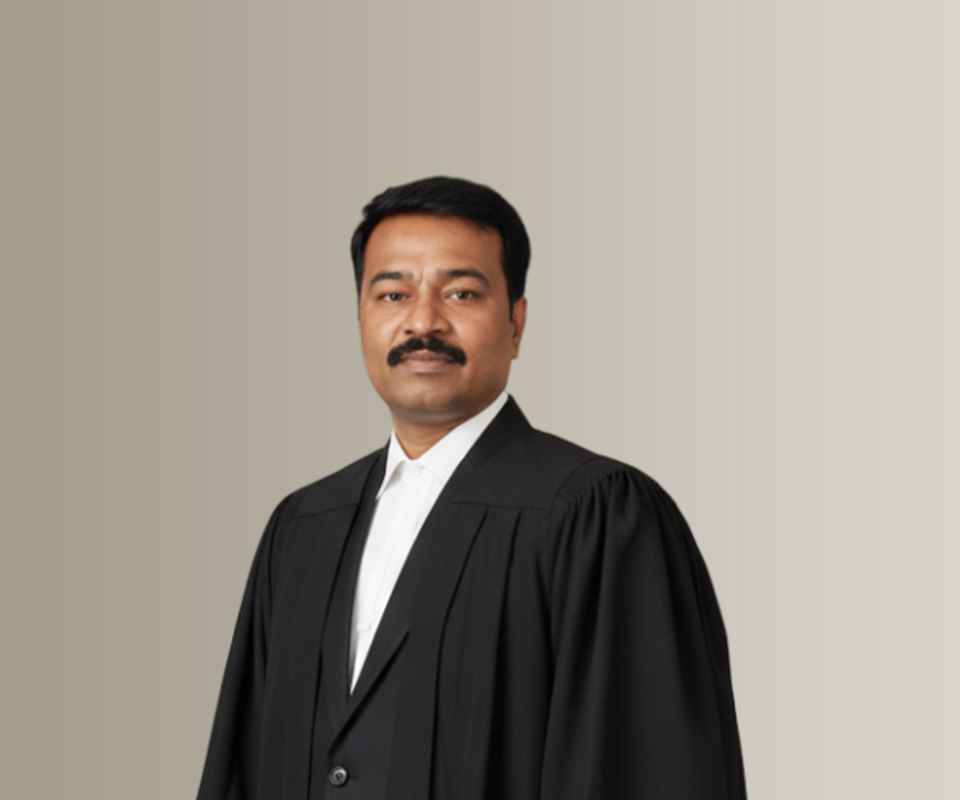Answer By law4u team
If a Muslim man dies without legal heirs, meaning he has no surviving relatives entitled to inherit under Muslim personal law, his property is handled according to the Islamic principles of inheritance. Here's how the property is dealt with: 1. The Rule of No Heirs: Under Islamic law, if a Muslim man dies without any legal heirs (such as children, parents, spouse, or siblings), his property is considered ownerless. Legal heirs are determined by the Quranic share system, which includes the deceased's spouse, children, parents, and sometimes siblings. If none of these heirs are available, the property cannot be distributed under the normal inheritance rules. 2. Distribution to the State: In the absence of legal heirs, Muslim property may be escheated to the state. This means the property may become the property of the government. Under the Indian Shariat Act, 1937, the property of a Muslim who dies without heirs can be claimed by the state or government authorities, especially if no one can establish a claim to the property. 3. Relatives of the Deceased: If the deceased man has distant relatives, such as uncles, aunts, or other extended family members who could claim inheritance, the property may be distributed to them. However, if no such relatives exist, the property does not go to any individual but is passed on to the government. 4. No Will (Wasiyat): If the deceased has made a valid will (Wasiyat), they can allocate up to one-third of their property to non-heirs or charities, but the remainder (two-thirds) will be distributed according to Islamic inheritance laws. However, if there is no will and no heirs, the entire estate may be passed to the state. 5. Shia vs. Sunni Differences: In both Shia and Sunni interpretations of Islamic law, the absence of legal heirs generally leads to the property being claimed by the state. However, the methods for calculating inheritance and distribution may slightly differ, but the lack of heirs still results in escheat to the state. 6. Other Considerations: If the deceased has made provisions for a charitable cause or organization through a will or wasiyat, that part of the estate can be transferred to the organization, even if there are no legal heirs. Mutawalli (a trustee) can also be appointed for any property dedicated to charitable or religious purposes. Conclusion: If a Muslim man dies without legal heirs, his property is generally escheated to the state under Islamic law. In the absence of both legal heirs and a valid will, the property will not go to individuals but instead to the government or state. However, if there are any distant relatives or other provisions like a will in place, the distribution may vary.









